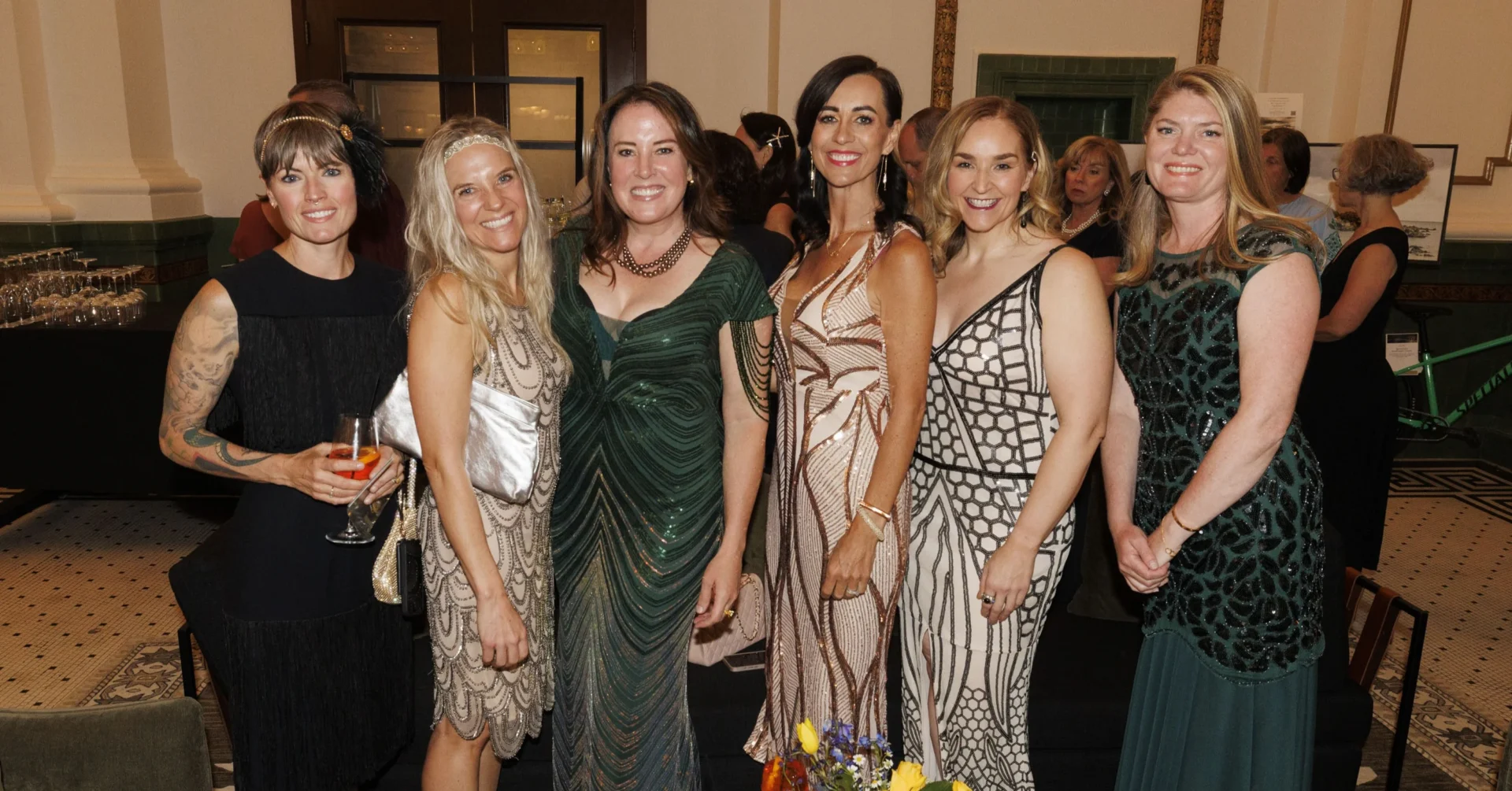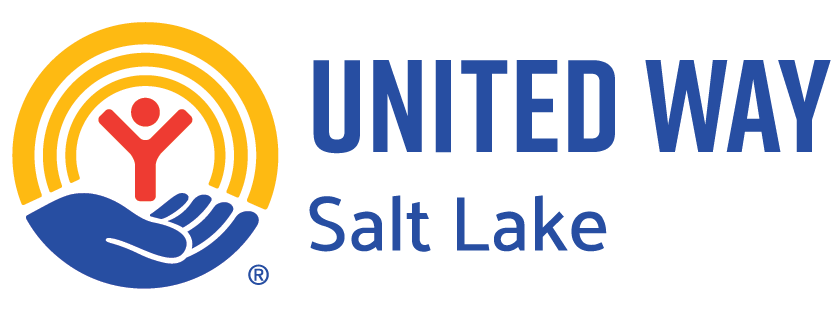Get Involved
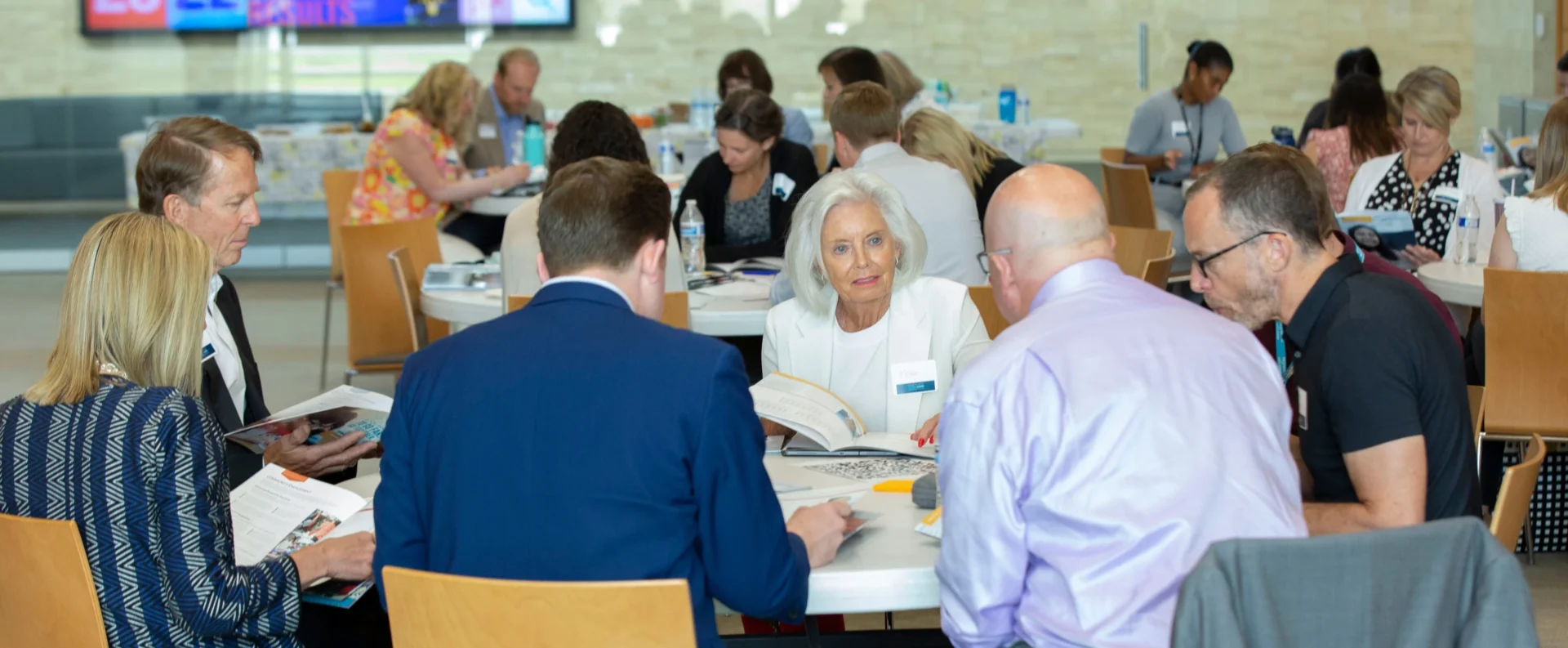
GIVE
You, your team, or company can make a difference through monetary or in-kind donations, sponsorships, or through workplace giving campaigns.
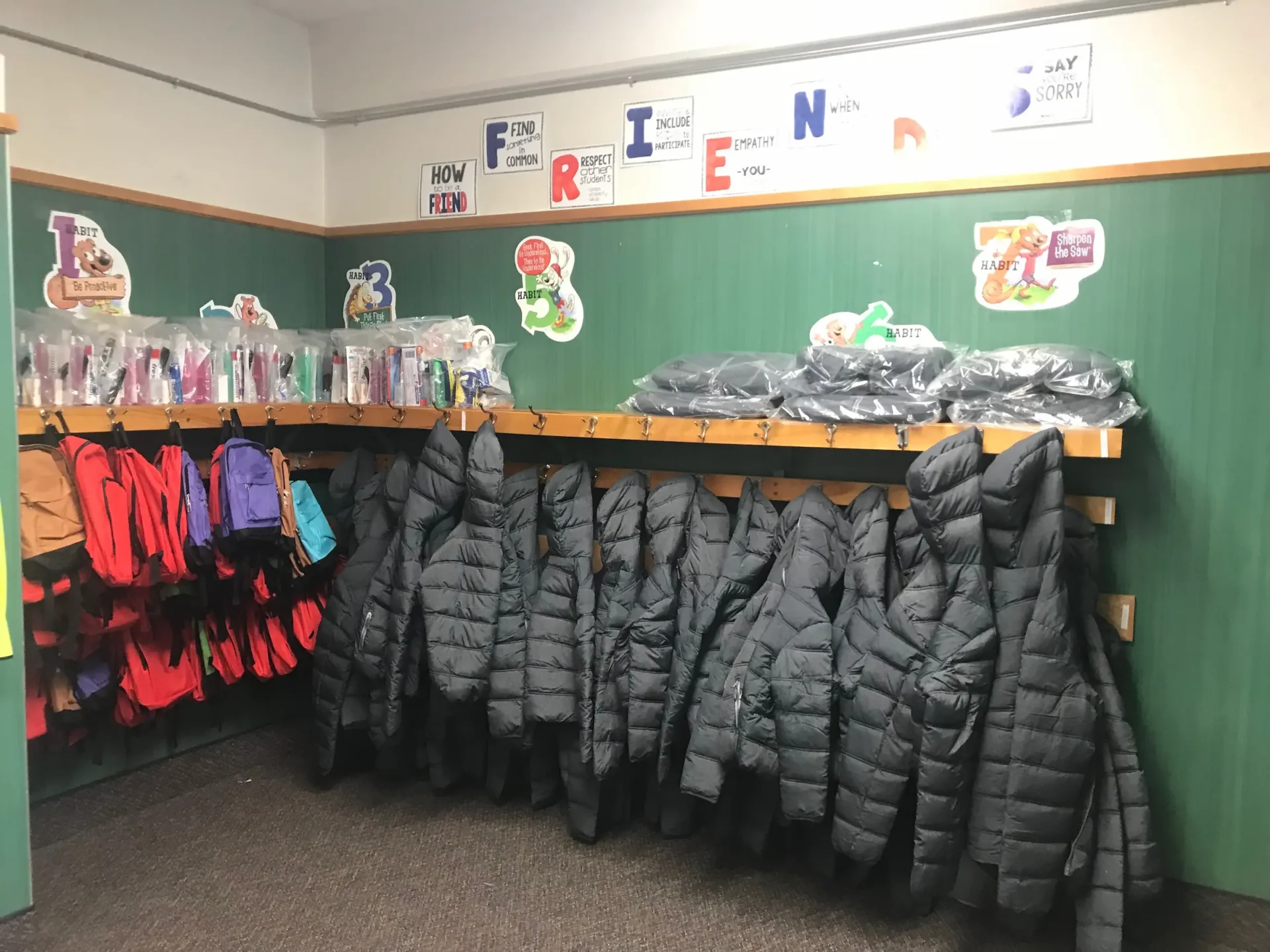
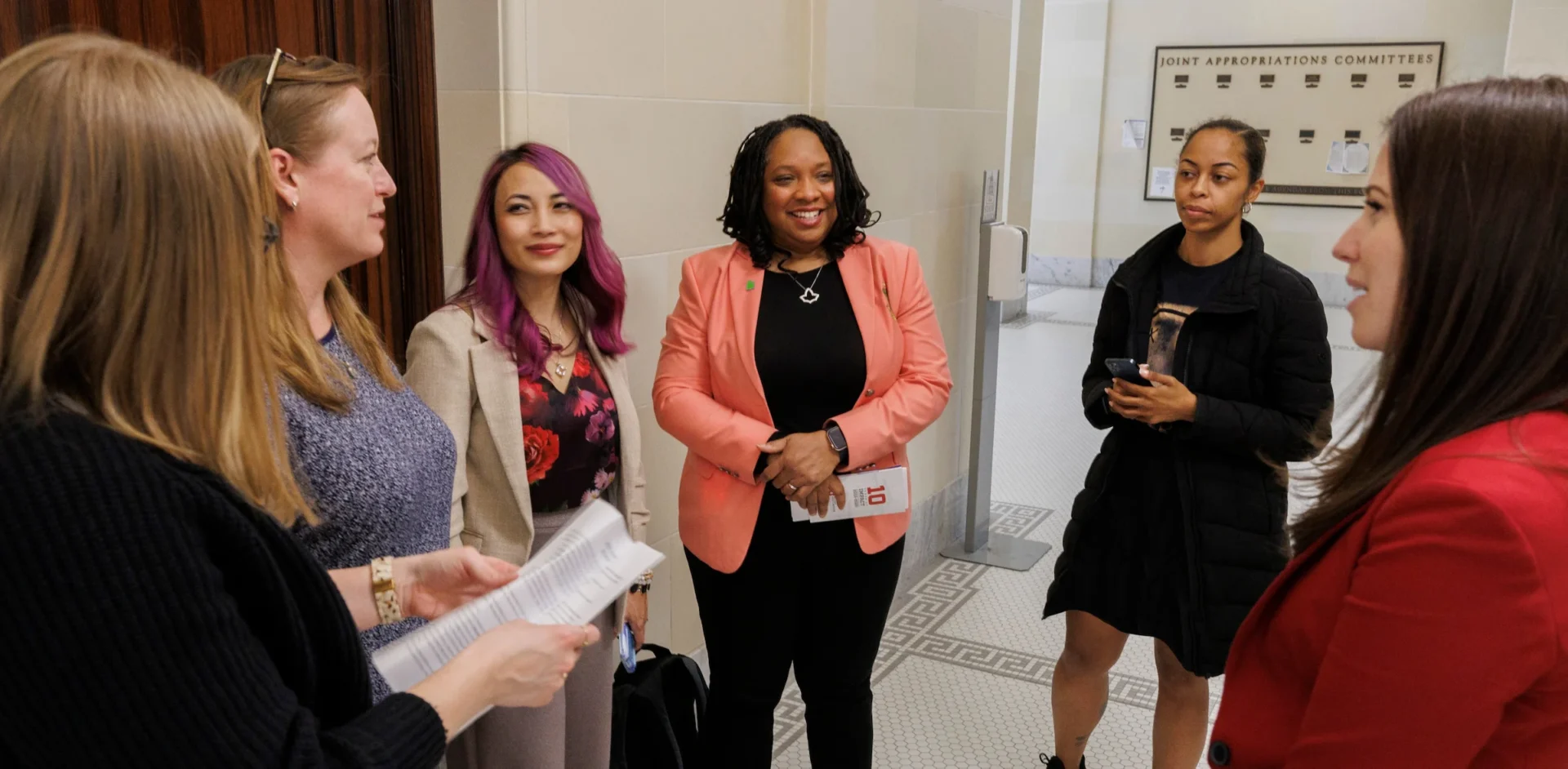
ENGAGE
Advocate for important issues, volunteer in schools and in our community, or join us at events.
DONOR NETWORKS
We believe in the power of working together. Join other service-oriented individuals in helping members of our community who need it most.
